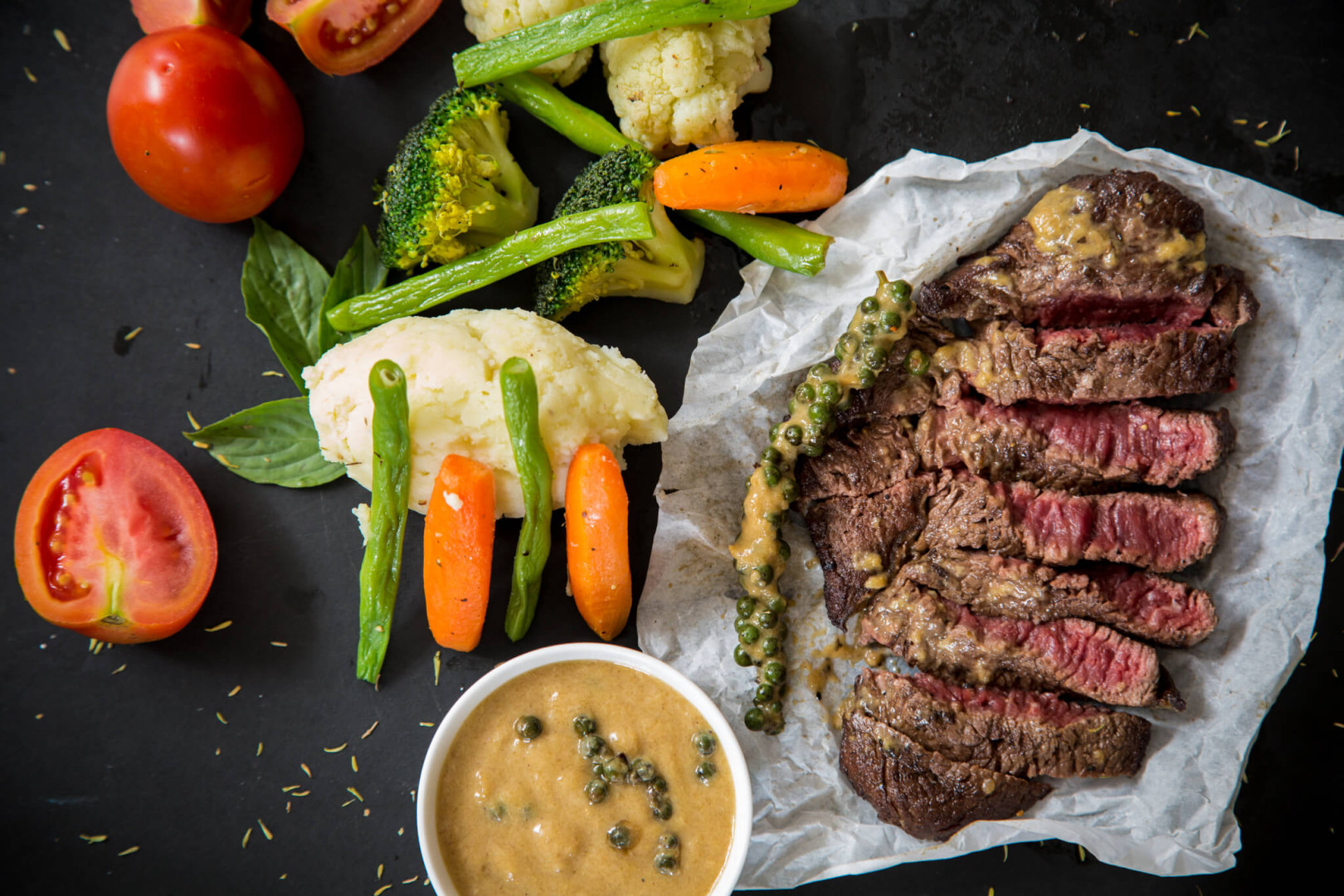
The ketogenic diet, or keto diet for short, has gained immense popularity in recent years as a way to acquire quick and effective weight loss, improve overall health, and advance energy levels. This high-fat, low-carbohydrate diet requires careful planning and grooming to ensure that you are getting all the required nutrients you personally need to be successful.
Before we dive into the meal plan, let’s briefly discuss the method behind the keto diet. The keto diet works by putting your body into a position of ketosis, which occurs when there are very few carbohydrates and small amounts of protein in your body.
This causes your body to burn fat for fire rather than glucose. When your body is in ketosis, it produces ketones, which are a type of molecule that your body uses for energy instead of glucose.
When planning your meals on the keto diet, it’s important to focus on high-fat foods and limit your uptake of carbohydrates. Here is a sample meal contrive for a normal day on the keto diet:
Breakfast:
Two scrambled eggs souffle-like in butter
Two slices of bacon
Half an avocado
Snack:
Handful of almonds
Small piece of cheese
Lunch:
broiled chicken front Side salad with mixed greens, cucumber, and cherry tomatoes topped with olive inunct and vinegar dressing
Roasted broccoli with garlic and Parmesan cheese
Snack:
Celery sticks with almond butter
Dinner:
cooked Salmon River with lemon and butter
undefined Rice with garlic and butter
cooked prickly-seeded spinach with garlic and butter
Dessert:
Sugar-free jello with whipped cream
